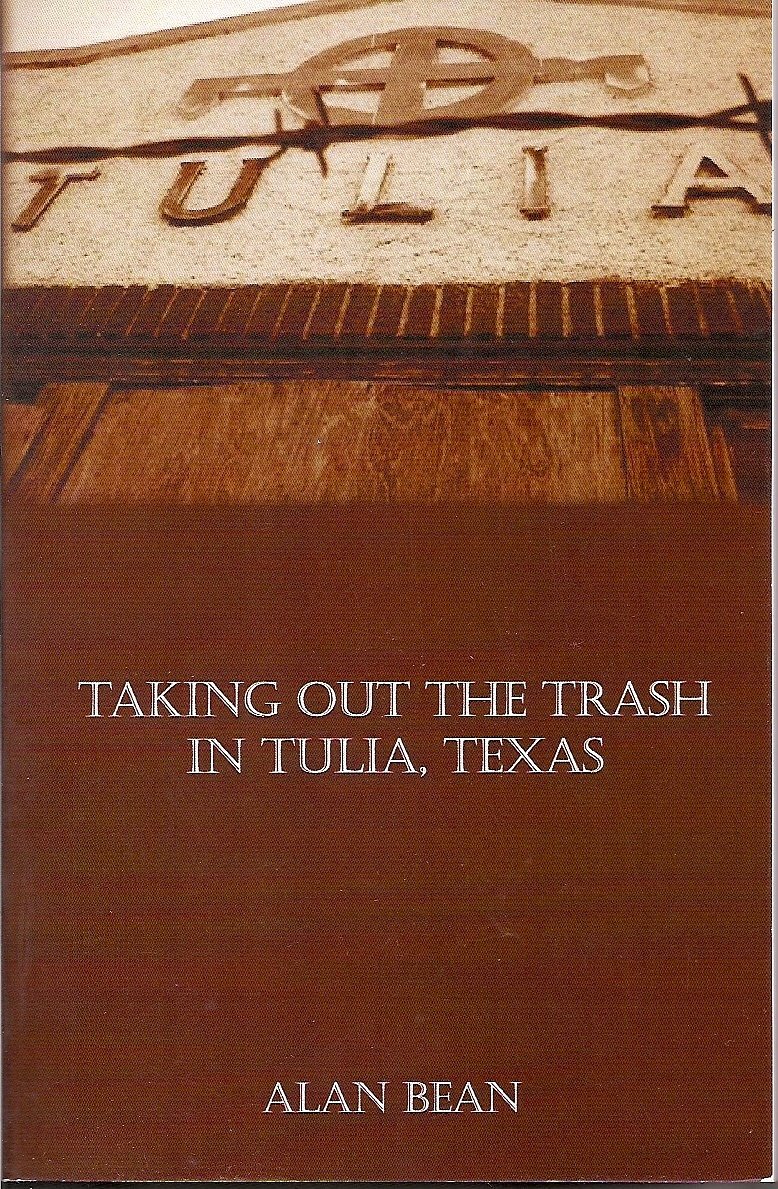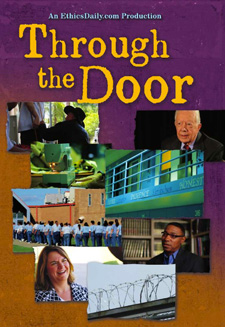For the past 15 years, Alan Bean has found himself involved in some of the biggest criminal justice controversies in Texas and Louisiana.
In 1999, the mild-mannered Baptist minister founded Friends of Justice and assumed the role of prophet and advocate for criminal justice reform. After successfully working to overturn “what we considered to be a grave injustice” in Tulia, Texas, Bean and his organization received requests to help in other cases, including the “Jena Six” case in Jena, La., in 2007.
He told the story of the first case in his book Taking Out the Trash in Tulia, Texas, and both cases found him talking with national media on issues of justice and race.
Today, Bean spends much of his time writing and speaking in churches to help Christians understand biblical teachings on issues of criminal justice and prison reform.
“Throughout the teachings of Jesus this is something he was very concerned about,” Bean explained. “Throughout the teachings of Jesus there is this strong sense of compassion for the least, the last and the lost.”
Bean noted Jesus started and ended this ministry by including prisoners in lists of those his followers should particularly care for.
 In Luke 4, Jesus recited a passage from Isaiah to say he had come “to proclaim good news to the poor” and “proclaim freedom for the prisoners and recovery of sight for the blind, to set the oppressed free, to proclaim the year of the Lord’s favor.” In Matthew 25, Jesus told a parable of sheep and goats being separated in part based on if they cared for “the least of these” like prisoners.
In Luke 4, Jesus recited a passage from Isaiah to say he had come “to proclaim good news to the poor” and “proclaim freedom for the prisoners and recovery of sight for the blind, to set the oppressed free, to proclaim the year of the Lord’s favor.” In Matthew 25, Jesus told a parable of sheep and goats being separated in part based on if they cared for “the least of these” like prisoners.
For Bean, this means Christians need to recapture the teachings of Jesus on caring for prisoners and others often cast out, like widows, orphans, immigrants and refugees.
“Our Christian faith compels us to become prophets, to become advocates on any issue that affects the poor and the disadvantaged,” he said.
“We’ve lost that but I think we’re getting it back,” he added. “There has been a shift in prison ministry from going into prisons and merely trying to save souls to combining that evangelistic mission with what is redemptive for these people.”
For Christians who have not engaged in prison reform advocacy, Bean said “the best place to start is with Bible study and looking at the scriptures.” He added that “the love of God compels” us to then act.
Through the door
From The Shawshank Redemption to Orange is the New Black, prisons often provide the context for movies and television shows. However, some see film as a medium not merely for entertainment but also for information and advocacy on prison reform.
Through the Door, the most recent documentary created by EthicsDaily.com, takes viewers inside prisons to explore how faith communities are ministering to inmates and officers. Shot in Nashville, Tenn., Richmond, Va., Huntsville, Texas, Carlisle, Ind., and Atlanta, Ga., the film explores several aspects of prison life and ministry.
The film has aired on multiple TV broadcast stations and screened at churches across the country. Former U.S. President Jimmy Carter, a Baptist Sunday school teacher, is among those interviewed in the film.
Cliff Vaughn, media producer for EthicsDaily.com, served as a producer and director for the film. He noted he had previously visited a prison for some “background research” on an earlier documentary, but he went inside several to film “Through the Door.”
 “One of my dominant impressions was respect for the people who work there,” Vaughn said. “I knew I wasn’t in Kansas anymore, so to speak. My naïveté about some things was punctured.”
“One of my dominant impressions was respect for the people who work there,” Vaughn said. “I knew I wasn’t in Kansas anymore, so to speak. My naïveté about some things was punctured.”
“I had never really thought much — prior to this project — about those who work in corrections,” he added. “This project put me in touch with wardens, officers, chaplains, guards, on and on. Their task is tough, to say the least, on so many levels. As we work for a better criminal justice system, we must pay attention to these citizens as well — their safety, wages, support.”
Another area important to Vaughn was education — not just behind bars, but earlier in individuals’ lives.
“I observed what tough work it is to equip folks behind bars — equip them with necessary training, counseling, education and so forth,” he said. “God knows it must continue because so many people behind bars need this help.”
Documentaries have been made on topics like immigration, racism, taxes and prisons, he said.
“When we talk to experts in various fields, they almost always wind up talking about one thing: education. That’s just an observation I’ve made listening to experts talk for the last decade.”
Through the Door is designed for use in churches, either as a full movie screening or shorter segments for Sunday school or small group use. As Vaughn reflected on visiting prisons for the film, he connected issues of prison reform to his faith.
“I was also saddened to see the loss of liberty, the missed opportunities for individuals and for society in the aggregate,” he said. “It made me grateful for the context of blessing and advantage into which I was born, but surely my gratitude isn’t enough.”



